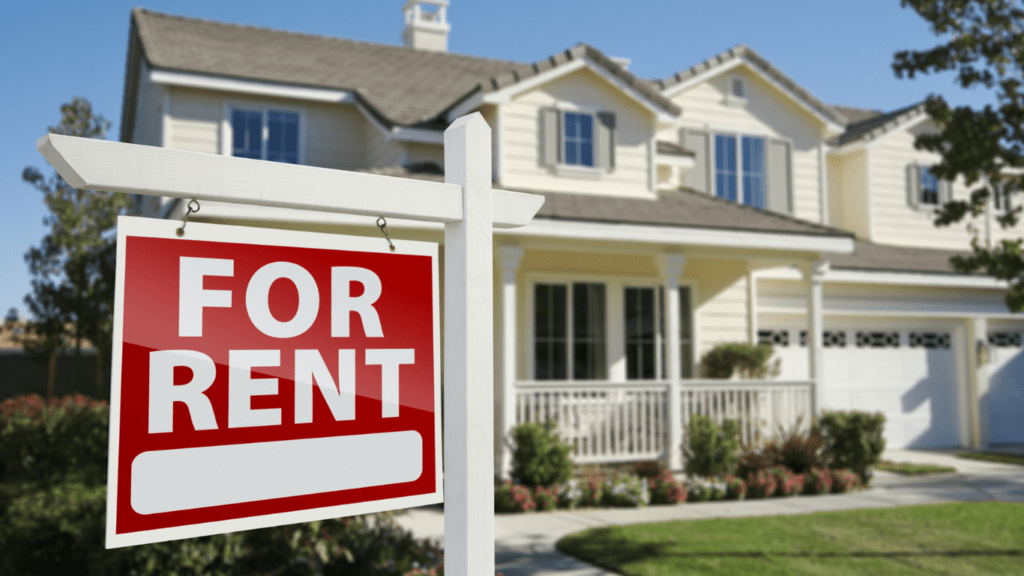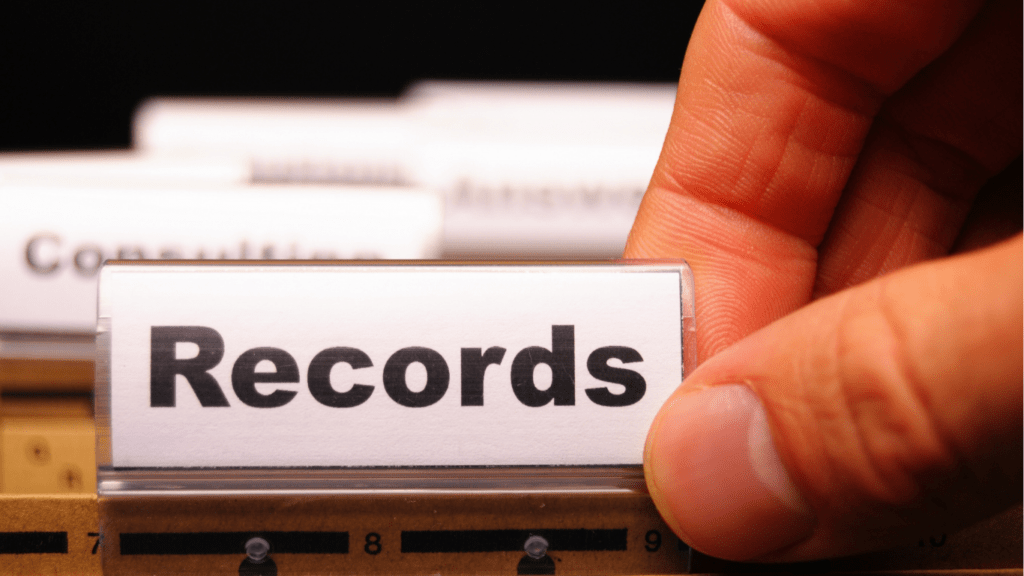Understanding the Basics of Property Management
Effective property management starts with understanding key principles that ensure smooth operations and long-term success. A solid foundation minimizes risks and builds positive landlord-tenant relationships.
The Importance of Clear Lease Agreements
A well-drafted lease agreement outlines the rights and responsibilities of both parties. It prevents misunderstandings by specifying details like rent amount, due dates, and security deposit terms. Including clauses for late fees and maintenance responsibilities ensures accountability. Customizing the agreement to comply with local laws avoids legal issues.
Setting Rent Prices Strategically
Accurate rent pricing attracts tenants while maximizing returns. Researching comparable properties in the area provides a baseline for market rates. Factoring in location advantages, property condition, and amenities justifies competitive pricing. Regularly reviewing rents aligns with market trends and ensures profitability.
Building Strong Tenant Relationships
Maintaining positive tenant relationships is essential for reducing turnover and ensuring smooth property management. Strong relationships promote trust, encourage timely rent payments, and make tenants more likely to care for the property.
Screening Tenants Thoroughly
I prioritize thorough tenant screening to build trust from the start. Reviewing:
credit reports, rental histories, and verifying employment ensures I select reliable occupants who pay rent on time. For example, checking a minimum credit score or confirming steady income prevents potential disputes. I also conduct background checks for safety and require references from previous landlords to assess tenant behavior.
Communicating Effectively with Tenants
Clear, consistent communication creates a strong landlord-tenant relationship. I ensure tenants know how to contact me by providing multiple channels like email, phone, or an online portal. Responding to inquiries within 24 hours shows reliability, while proactively sharing updates on property maintenance or community rules keeps tenants well-informed. I simplify lease terms and use plain language to avoid misunderstandings. For instance, during disputes, I always reference the lease agreement when discussing solutions.
Staying Organized and Proactive
Efficient property management relies on staying organized and anticipating potential challenges. By maintaining accurate records and scheduling proactive inspections, I minimize issues and keep operations running smoothly.
Maintaining Accurate Financial Records

I keep detailed financial records for all rental properties to track income and expenses effectively. This includes rent payments, repair costs, and tax-related documents. Organizing these records simplifies tax preparation and helps identify opportunities for cost reduction.
I use property management software to automate recordkeeping, ensuring updates occur in real-time. For example, tools like Buildium or AppFolio help generate financial reports and streamline invoicing. Digital backups secure data and eliminate risks of loss.
Planning Regular Property Inspections
Scheduling property inspections helps me prevent costly maintenance problems. I conduct inspections semi-annually, checking for structural damage, plumbing leaks, and electrical issues. These inspections allow me to address small repairs before they escalate.
I notify tenants in advance, respecting their privacy while ensuring compliance with lease terms. Using a checklist during inspections, I document property conditions and share findings with tenants to maintain transparency.
Handling Maintenance and Repairs Efficiently
Efficient maintenance management sustains property value and ensures tenant satisfaction. Proactive planning and swift responses prevent minor issues from escalating into costly problems.
Responding Quickly to Repair Requests
- Prompt action on repair requests maintains tenant trust and prevents larger issues.
- I use property management software to track and prioritize tenant requests effectively.
- For emergencies like plumbing leaks or electrical issues, I provide tenants with 24/7 reporting channels to ensure that urgent problems are addressed without delay.
- Fast response times reduce tenant dissatisfaction, so I set response benchmarks. For instance, I aim to respond to non-urgent requests within 24-48 hours.
- Regular follow-ups keep tenants informed of progress and avoid miscommunication.
Building a Reliable Network of Contractors
A dependable contractor network ensures timely and cost-effective repairs. I screen contractors by verifying licenses, insurance coverage, and references to confirm expertise in their trades. I establish relationships with specialists, such as:
- plumbers
- electricians
- HVAC technicians
for specific maintenance needs. Negotiating fixed-rate agreements with contractors helps me control costs for recurring services. I also maintain a list of backup contractors to prevent delays during peak demand. Clear communication about expectations and deadlines ensures contractors consistently deliver quality work.
Legal and Ethical Considerations
Understanding and complying with legal and ethical responsibilities is critical for efficient property management. Adhering to regulations and treating tenants fairly helps avoid legal disputes and maintains professional integrity.
Staying Compliant with Local Laws
I ensure my rental properties comply with all relevant local, state, and federal laws. This includes familiarity with landlord-tenant laws, fair housing regulations, and safety requirements in my area. For example, I stay updated on rules regarding security deposits, eviction processes, and property habitability standards. Regularly consulting legal professionals or property management organizations helps me stay current with any regulatory changes. Non-compliance can lead to fines or lawsuits, so I approach this responsibility with diligence.
Ensuring Fair and Ethical Practices
Maintaining fairness in tenant dealings is at the core of my practices. I follow non-discriminatory policies during tenant screening, adhering to the Fair Housing Act, which prohibits decisions based on race, religion, gender, or familial status. I maintain transparency by providing tenants with clear lease agreements and updating them on property changes. Ethical treatment fosters trust, and I prioritize equal treatment and respect in all interactions to sustain a respectful landlord-tenant relationship.


 Kenneths Houstonamic established Mode Key Homes to provide real estate enthusiasts, professionals, and homeowners with valuable insights. His vision drives the platform’s focus on market trends, sustainable housing, and property management, helping readers make informed decisions in the ever-evolving real estate landscape.
Kenneths Houstonamic established Mode Key Homes to provide real estate enthusiasts, professionals, and homeowners with valuable insights. His vision drives the platform’s focus on market trends, sustainable housing, and property management, helping readers make informed decisions in the ever-evolving real estate landscape.